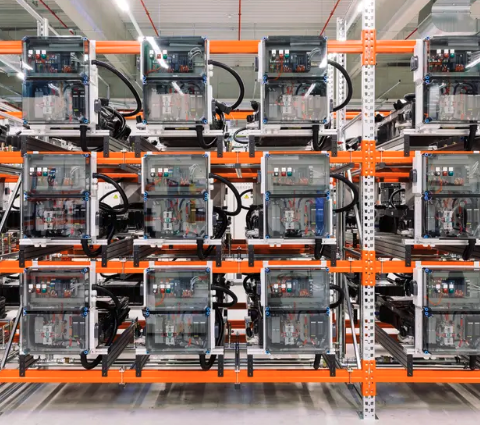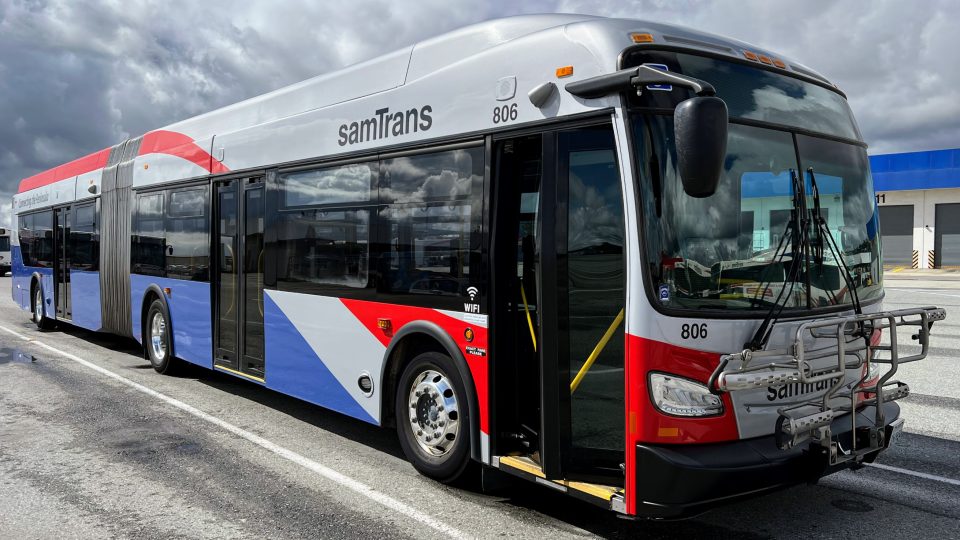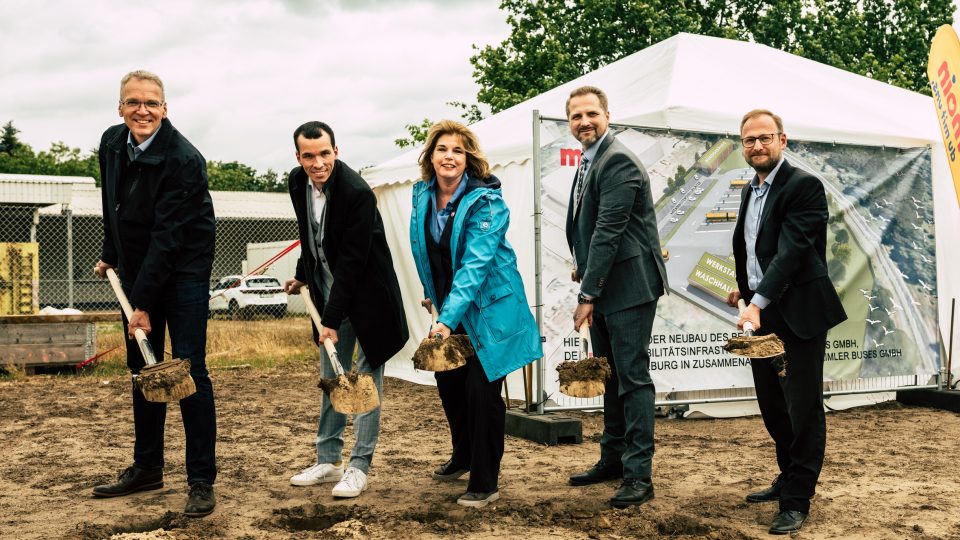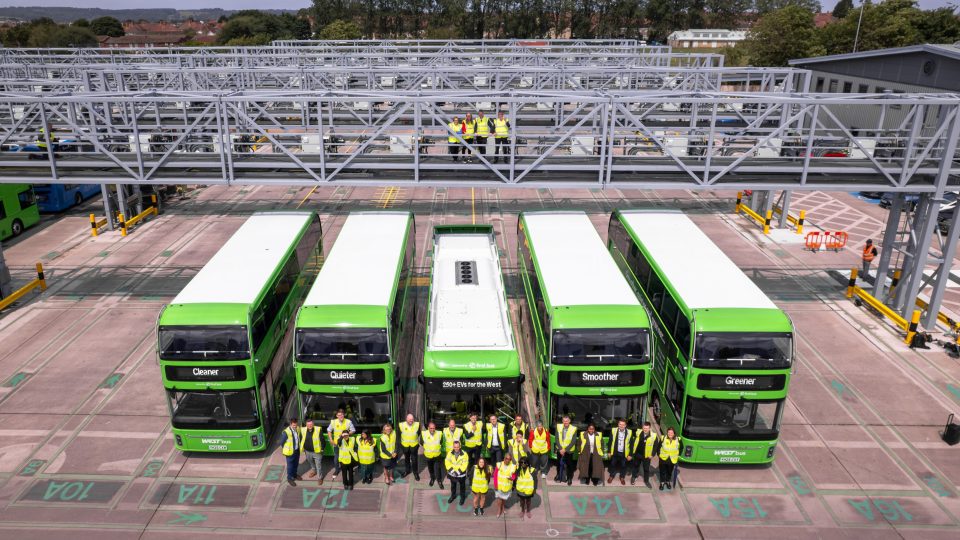The Mobility House ventures into battery storage together with GESI
The Mobility House and Green Energy Storage Initiative SE (GESI Giga Batteries), a project developer of large-scale battery storage systems, have founded a joint venture whose goal is to build and commercialize large-scale battery storage systems to accelerate the next phase of the energy transition and to reduce the costs of grid congestion. By 2035, […]

The Mobility House and Green Energy Storage Initiative SE (GESI Giga Batteries), a project developer of large-scale battery storage systems, have founded a joint venture whose goal is to build and commercialize large-scale battery storage systems to accelerate the next phase of the energy transition and to reduce the costs of grid congestion.
By 2035, both experts plan to develop up to 8 GW of storage capacity, preferably at grid-supporting locations and former conventional power plants.
Partners says that “preparations for the first joint project are already well advanced: a large-scale storage system with 250 MW of storage capacity is in concrete planning. In the second expansion stage, an additional 500 MW will be added”.
The Mobility House focuses on battery storage
The joint venture will be responsible for the development, construction, operation, and maintenance of individual sites. Within the collaboration, GESI will handle financing and project coordination.
The Mobility House, that provides smart charging technology to public transport operations in New York and Amsterdam, will take care of the intelligent control and commercialization of the batteries in the European power and balancing energy markets. Since 2016, the company has been a pioneer in commercializing stationary 1st- and 2nd-life car batteries to combine electromobility and renewable energy for a sustainable future. The Mobility House already trades over 4,500 electric car batteries with more than 100 MW capacity in the European power and energy markets, the company states.
Currently, “the generation of solar or wind energy, for example, often must be curtailed or even stopped because there is not enough storage capacity available. Last year alone, electricity worth 3.1 billion euros was lost as a result. Battery storage systems are the most efficient solution for balancing this fluctuating feed-in because they offer quick response times and high flexibility at low costs. This ability to provide energy in a timely and demand-oriented manner maximizes the use of renewable energy sources while simultaneously reducing dependence on fossil gas and coal power plants”, The Mobility House says in its press note.
Thomas Raffeiner, founder and CEO of The Mobility House, emphasizes: “Our collaboration with GESI is another step towards our vision of a zero-emission future. With the planned gigawatt-scale storage systems, we are significantly contributing to the energy transition. This accelerates the development towards a stable and renewable energy supply for tomorrow. Our expertise complements each other perfectly: industry know-how and financial strength meet many years of experience in battery storage commercialization.”
GESI CEO Walter Raizner comments: “We are very much looking forward to the collaboration. The Mobility House has great expertise when it comes to integrating storage systems into the grid and electricity commercialization. Therefore, The Mobility House is an optimal partner for our ambitious large-scale storage projects, through which we aim to accelerate the energy transition and save millions of tons of CO2.”









